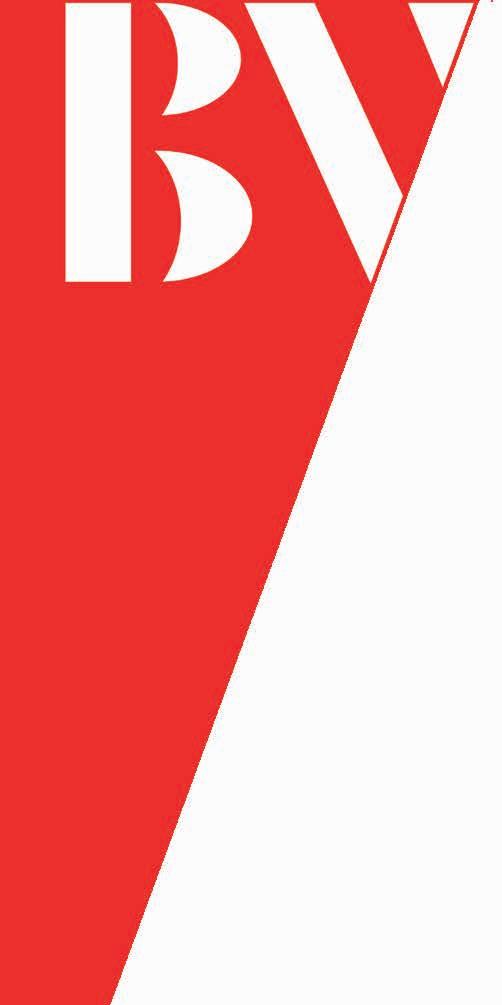
5 minute read
Open banking explained
says on the tin, with added Open banking — it's what it advantages to empower SMEs
A GLOBAL research project suggests Open Banking is set to change the nature of entrepreneurialism, small business and broader society.
Advertisement
Two years on from its launch in the UK, 40 percent of UK small business decision-makers admit to knowing little or nothing about the subject.
The report identifies three trends expected to “power the disruption and usher-in a decade of prosperity and financial wellness” for the UK’s small business owners. 1) AI could increase control and lessen financial stresses and administrative burdens that come with running a business. 2) Banking as a Service (BaaS). Banks will involve business owners taking meaningful decisions while administrative tasks happen seamlessly in the background. 3) Open banking is providing small businesses greater ownership of their data.
Chris Evans, vice-president and UK country manager at Intuit QuickBooks, which commissioned the study, said it looks at the associated opportunities for small businesses in the UK.
It paints a picture of a future where financial services and small businesses work hand-in-hand to drive success. “The Open Banking revolution will empower small business owners that want to do things differently and embrace new and better ways of working,” he said.
“Those that want to power their productivity will build personalised suites of financial services that suit their individual needs.”
The new future of a mix-andmatch approach to financial services will see SMEs being able to tailor their financial “wardrobe” to their specific needs, Evans said, and remove the need to switch their main banking provider.
Many small businesses feel obliged to stay with their existing bank, the study shows.
“They worry about whether
Senior managers in SMEs report financial problems cause negative impact on their mental wellbeing

payments might go missing, or that switching accounts may create accounting headaches.
“This is holding back many businesses from accessing the best financial products. Some 32 percent of SMEs describe poor finance options as holding their business back from growing.”
Open banking opens doors to an accessible and open financial marketplace where small businessowners will be able to choose from options from financial providers, competing on price and service. IMPROVED LOAN RATES More than two in five (44 percent) of the SMEs canvassed agree that open banking will make the choice of loan providers better, while 36 percent believe loan rates will be improved.
It will also cut down the administrative time needed to monitor and apply for competitive deals, appealing to a younger generation of SME businessowners (24 percent of those aged 18-34 feel they spend too much time managing business finances). China is embracing the concept. WeChat, China’s “super app”, can tackle insurance to investment, invoicing to peer-topeer payments. Open banking could drive an interconnected suite of specialist financial products that offers applicable solutions for disparate business needs.
The report, with the unwieldy title of Open Banking Revolution: Invisible, Customer-First, Feel Good, was produced for Intuit Quickbooks by futures consultancy The Future Laboratory.
Clearer ownership of and access to data is one benefit of open banking, but sometimes too much data can cause decision paralysis. Half of senior managers in SMEs report financial problems causing a negative impact on their mental wellbeing.
The concurrent development of AI could relieve the administrative burden. Small business owners can delegate tasks to AI, letting them decide how much or little involvement they would like.
Open banking — as it stands — allows SMEs and individuals to connect data across financial accounts via interface technology. Banking of the future becomes orientated around actions meaningful to the business owner. Automated credit-checking based on comprehensive linked financial records could enable preauthorisation for loans to cover impending cash flow crunches. The only user interaction would be approval via biometric device. PARADIGM SHIFT All this is likely to cause a paradigm shift, changing what it means to engage with a bank. Customers needing to actively switch will build a combination of financial products that works for them.
SMEs are lcreating their own financial wardrobe that helps fuel the growth of their business.
Taking a loan from one provider, alongside a savings account from another, will become as simple as it sounds — while syncing information and insights into business management software.
Navinder Sarao
10 PEOPLE

Rogue trader’s abortive career ends with home detention order

A BRITISH stock market trader who caused a trillion-dollar crash on Wall Street in 2010 has been sentenced by an American court to a year of home detention.
Navinder Sarao, 41, a self-taught trader, must stay at his parents’ home in west London – the very home from which he illegally manipulated stock markets and triggered the “flash crash”. Prosecutors and Sarao’s legal team both appealed for leniency as the defendant has been diagnosed with Asperger’s syndrome and did not appear to have been motivated by money. Sarao was said to be addicted to trading, and has since cooperated with the US government.
The Department of Justice (DoJ) initially charged Sarao with 22 counts of fraud, including placing fake trades during his five-year scheme. In May 2010, the Dow Jones Industrial Average briefly plunged 600 points in five minutes because of Sarao’s trades. He was extradited to the US in 2016 and all but two charges were dropped. He had been facing imprisonment of up to eight years, as well as possible fines, and spent four months in a UK prison while awaiting trial.
The DoJ alleged that Sarao earned some £45m in trading profits, but his only significant purchase was a car worth £5,000. In the true trading spirit, he lost most of the rest and surrendered to the court his remaining trading profits of £5.84m.
Sarao is said to be looking forward to moving on and putting the incident, and presumably his trading days, behind him.










